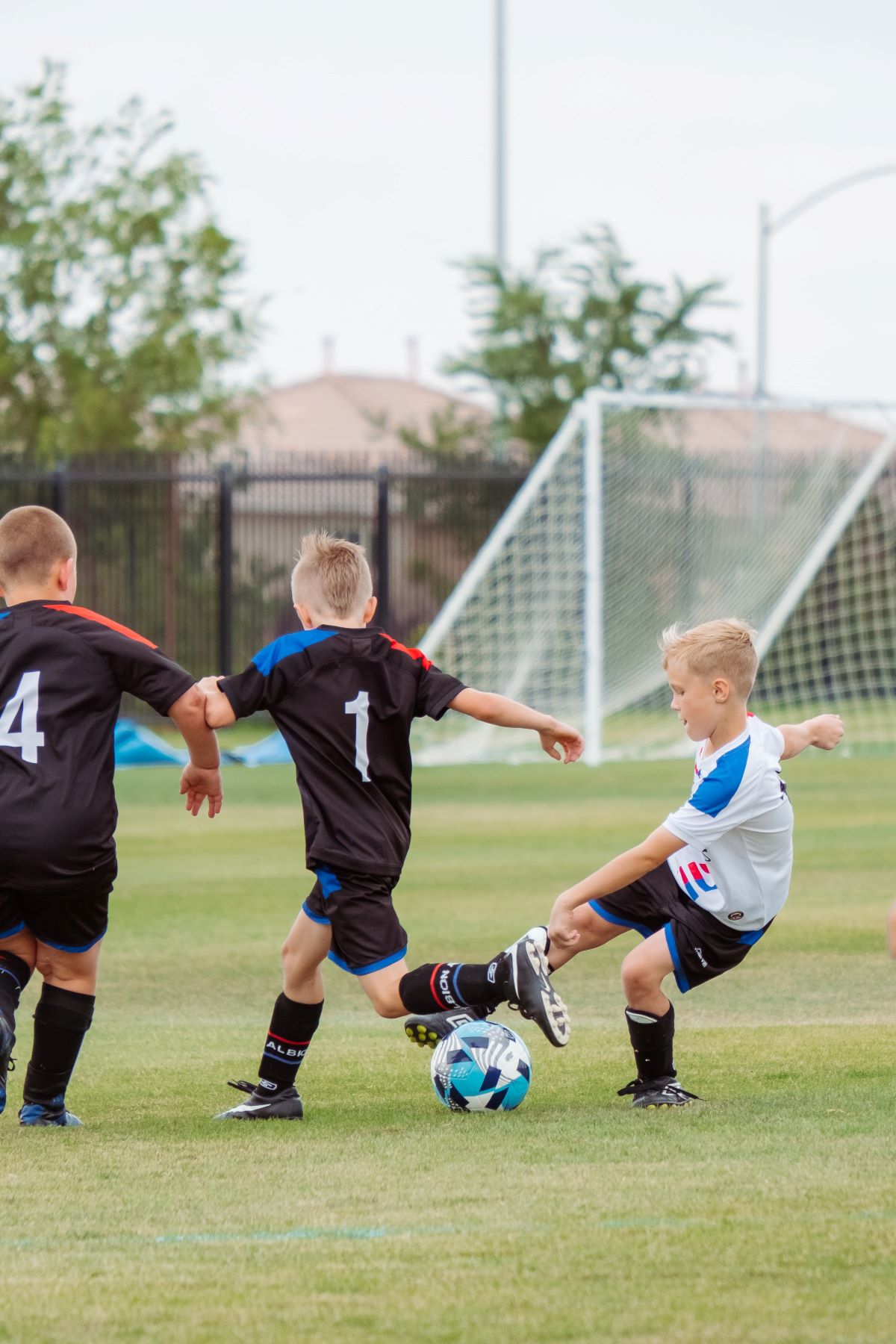
[Flash] One Question that Bridges Strangers into Friends
| John: Early in his career, John Stephens was working in the studio helping another artist record an album when one of the guys started calling John “Legend.” “I was initially hesitant to take it on as I didn’t have a record deal yet, so how could I call myself a ‘legend’? But then I decided to grab it because I’m not going to go into my career with this fear that it won’t work out. I’m going to go live up to this name. It was a bit audacious, I know.” Sigourney: “I had great trouble at the height of six feet, saying my name is “Sue” – so small. Then I read the book The Great Gatsby and saw the name “Sigourney,” I liked its look – it goes on for three syllables. I’m going to use it as a placeholder, I thought. It wasn’t supposed to be a stage name.” Bono: The Question It serves to unlock connections in a few ways:
In addition, this one question decreases the inevitable anxiety of meeting someone new because it shifts the spotlight from “We don’t know each other!” to “What could we learn about each other?” When you are eager to connect with a new person or strengthen the relationship with a colleague, a mentoring partner, or a friend, simply (but genuinely!) inquire about their name. Everyone has a story. Even no story is a story. © 2023. Ann Tardy and MentorLead. www.mentorlead.com. All Rights Reserved. |







